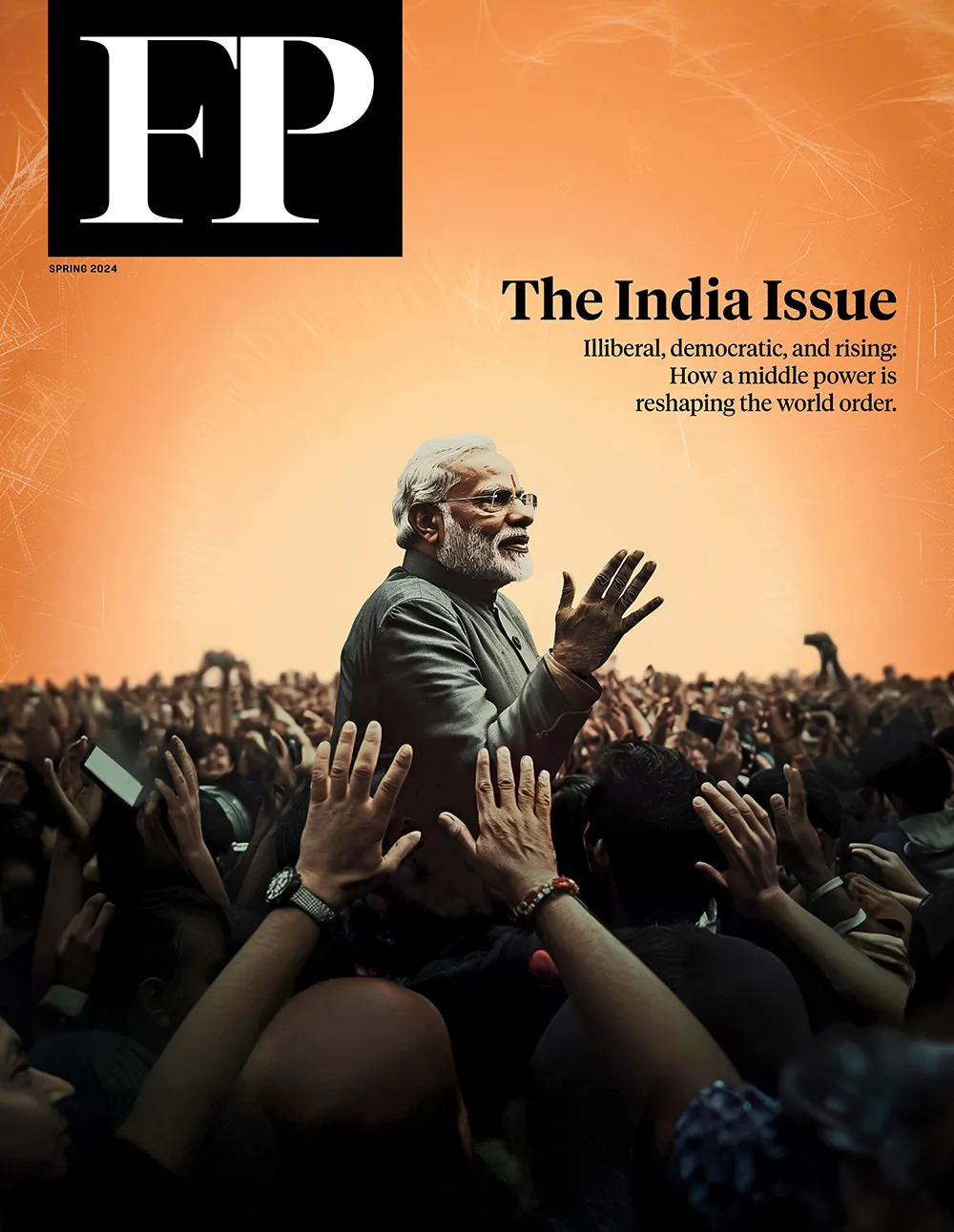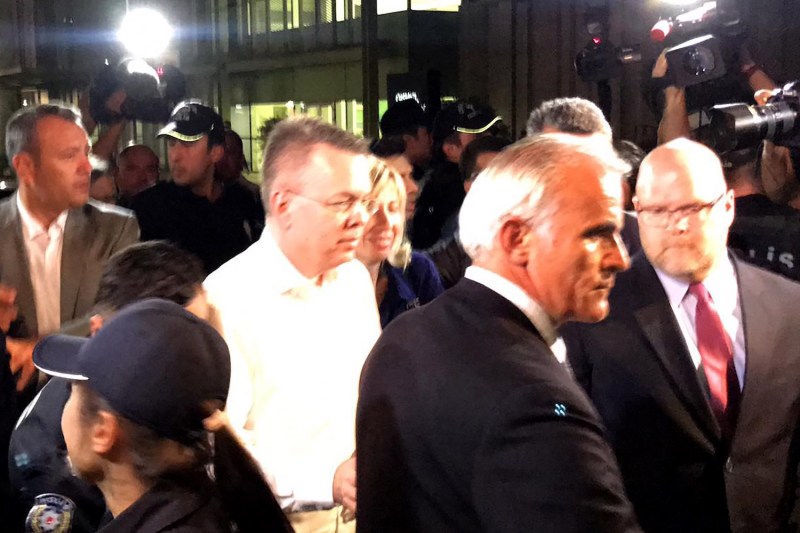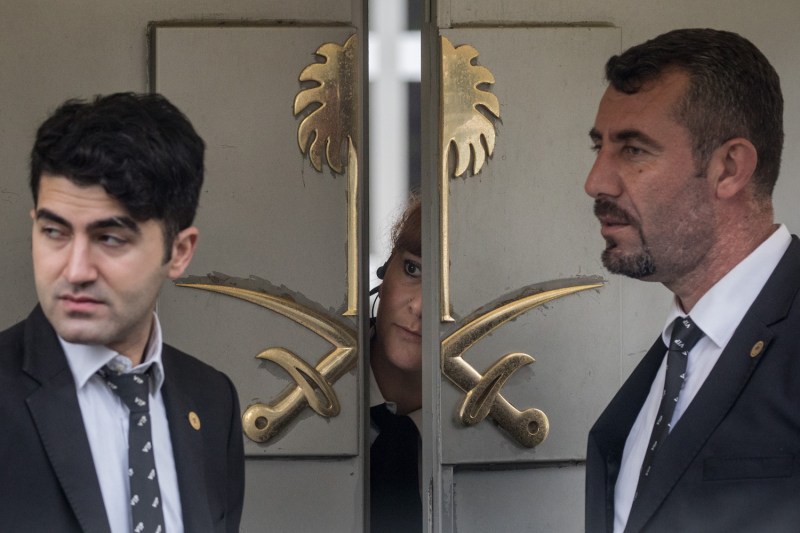‘To Be a Journalist in Turkey Means You’re Ready to Sacrifice Everything’
On the podcast: the price one Turkish newspaper editor is paying for angering President Erdogan.
The killing of Washington Post columnist Jamal Khashoggi in the Saudi Consulate in Istanbul last month has allowed Turkish President Recep Tayyip Erdogan to portray himself as an advocate for human rights and press freedom. Erdogan has spent the last several weeks parceling out the gruesome details of the murder and focusing on Saudi oppression.
The killing of Washington Post columnist Jamal Khashoggi in the Saudi Consulate in Istanbul last month has allowed Turkish President Recep Tayyip Erdogan to portray himself as an advocate for human rights and press freedom. Erdogan has spent the last several weeks parceling out the gruesome details of the murder and focusing on Saudi oppression.
But Erdogan’s own government has one of the worst records when it comes to press freedom. It has jailed scores of journalists in recent years and responded harshly to criticism or dissent in the media.
Can Dundar, the former editor in chief of the newspaper Cumhuriyet, was arrested in 2015 after the paper published a report that angered Erdogan—about Turkey arming Islamist militants in Syria. He was jailed for three months and has lived in exile for the past two years. Dundar is our guest on the podcast this week.
More from Foreign Policy

Arab Countries Have Israel’s Back—for Their Own Sake
Last weekend’s security cooperation in the Middle East doesn’t indicate a new future for the region.
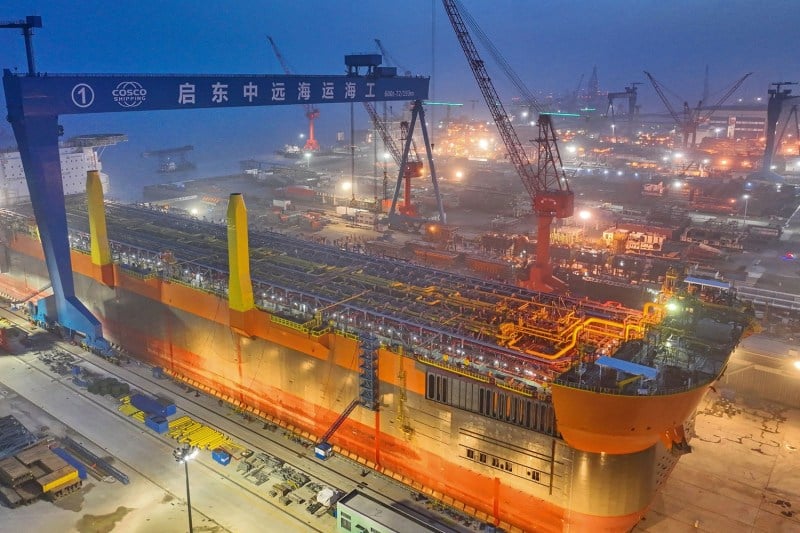
Forget About Chips—China Is Coming for Ships
Beijing’s grab for hegemony in a critical sector follows a familiar playbook.

‘The Regime’ Misunderstands Autocracy
HBO’s new miniseries displays an undeniably American nonchalance toward power.
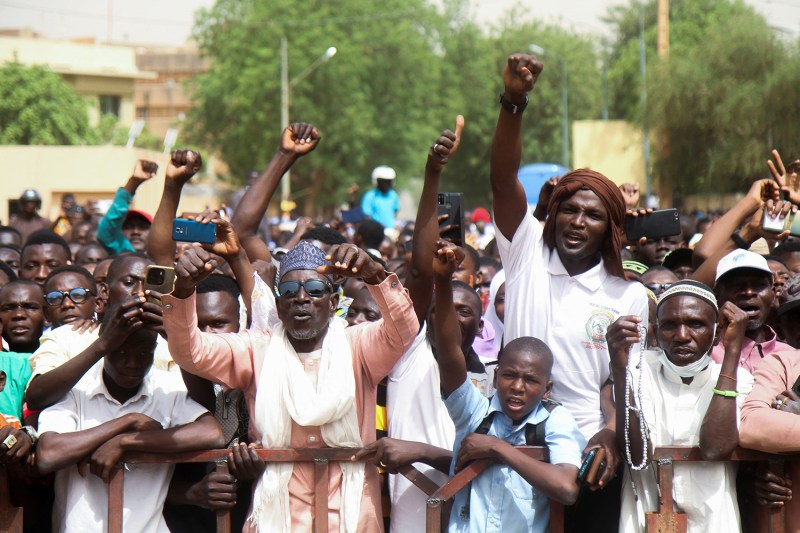
Washington’s Failed Africa Policy Needs a Reset
Instead of trying to put out security fires, U.S. policy should focus on governance and growth.



